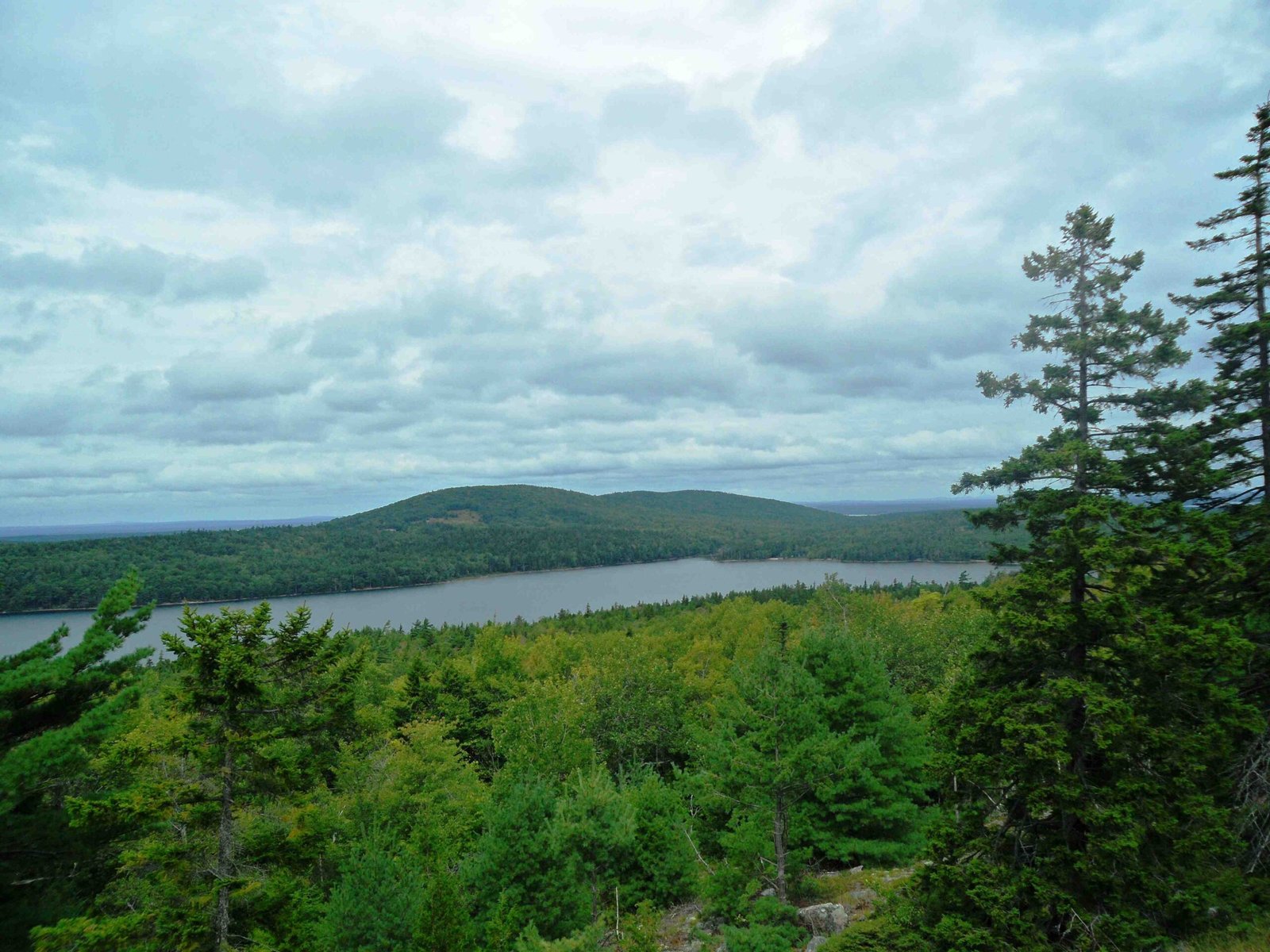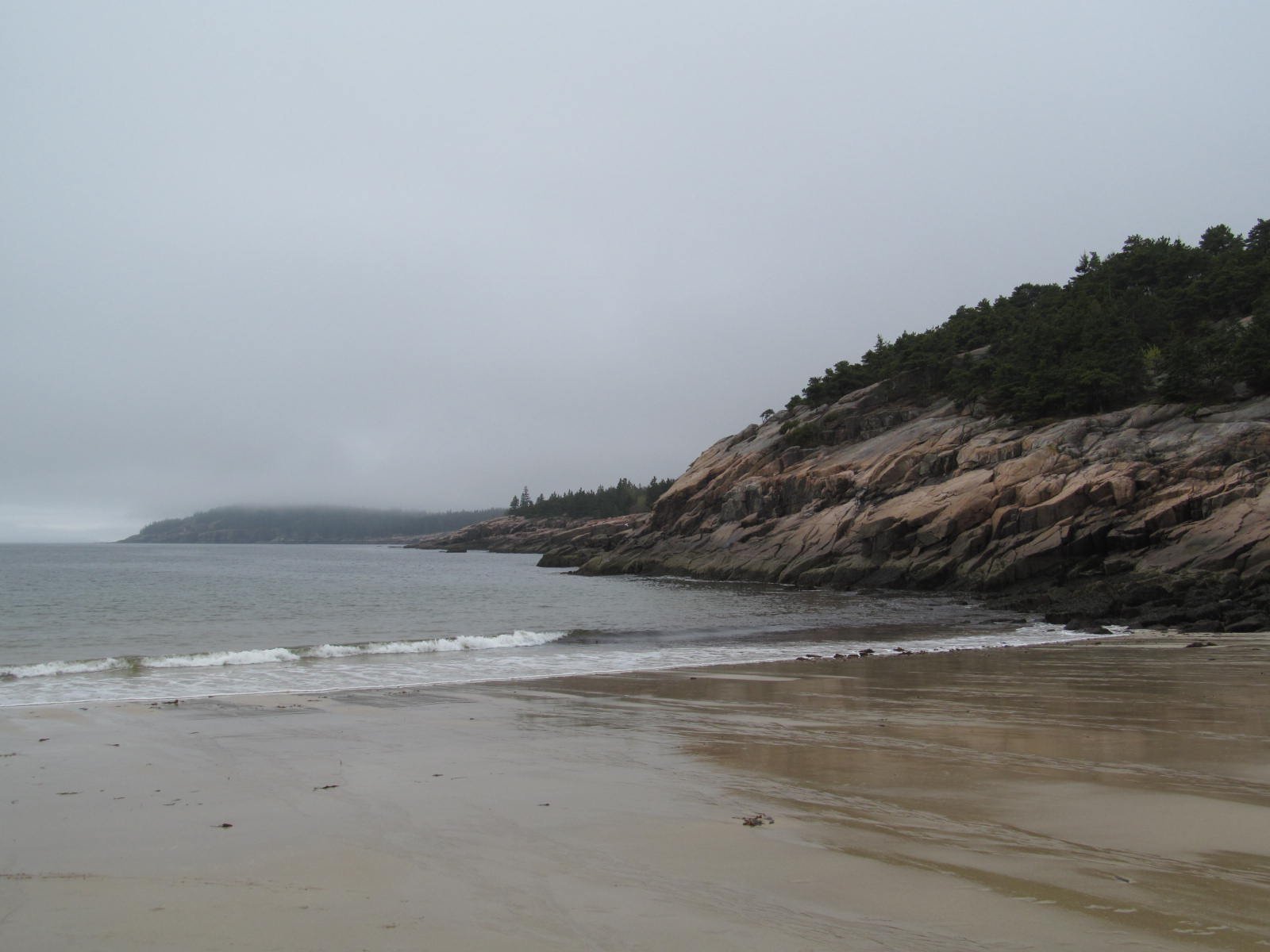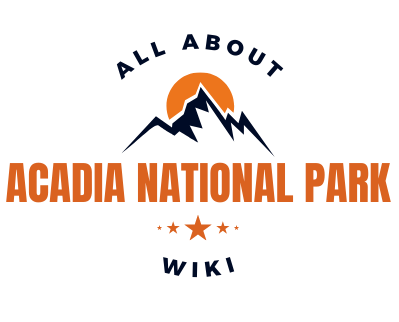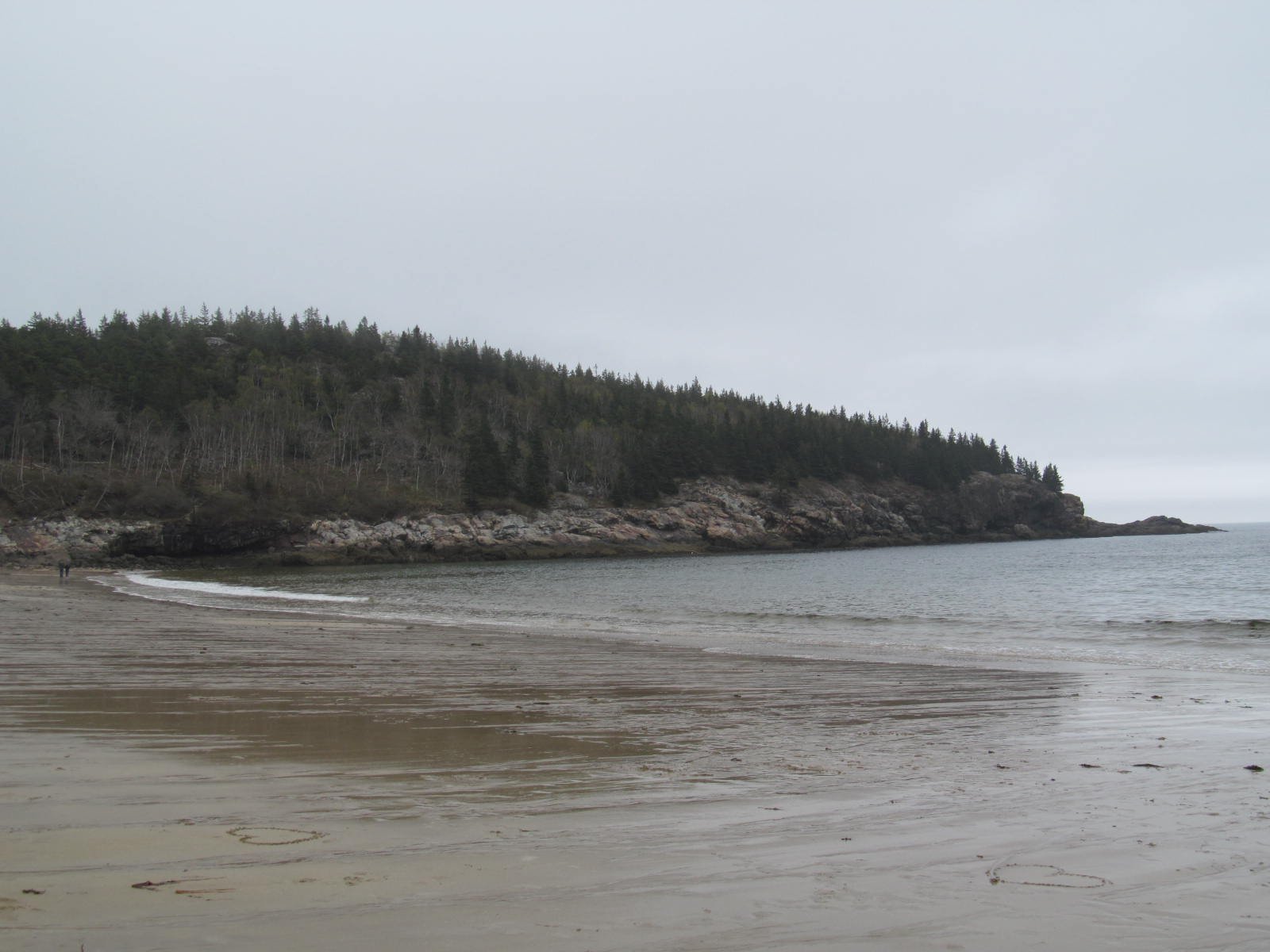Acadia National Park, located on the rugged coast of Maine, is a paradise for solo travelers seeking natural beauty and outdoor adventure. With its diverse landscapes, from rocky beaches to granite peaks, Acadia offers a unique experience for those exploring on their own. This guide provides essential information for planning a solo trip to Acadia, including hiking trails, camping options, safety tips, and transportation details.
What Are the Best Solo Hiking Trails in Acadia National Park?

Acadia National Park boasts a variety of trails suitable for solo hikers, ranging from easy walks to challenging climbs. Here are some top picks:
- Beehive Trail
- Length: 1.5 miles
- Difficulty: Moderate to challenging
- Time: 1-2 hours
-
Features: Iron rungs, ladders, stunning views
-
Jordan Pond Loop
- Length: 3.4 miles
- Difficulty: Easy
- Time: 1.5-2.5 hours
-
Features: Flat terrain, reflective pond views
-
Precipice Trail
- Length: 2 miles
- Difficulty: Challenging
- Time: 2-4 hours
-
Features: Steep climbs, iron rungs, panoramic vistas
-
Acadia Mountain Trail
- Length: 2.5 miles
- Difficulty: Moderate
- Time: 2-3 hours
-
Features: Wooded areas, ocean views
-
Ocean Path
- Length: 4 miles (round trip)
- Difficulty: Easy
- Time: 2-3 hours
- Features: Coastal scenery, Thunder Hole
How Can Solo Travelers Camp in Acadia National Park?

Camping is an excellent way for solo travelers to immerse themselves in Acadia’s natural beauty. Here’s what you need to know:
Campground Options:
- Blackwoods Campground
- Location: Mount Desert Island
- Sites: 281 (including accessible sites)
-
Season: Year-round (limited facilities in off-season)
-
Seawall Campground
- Location: Southwest Harbor
- Sites: 200+ (including accessible sites)
-
Season: Late May to early October
-
Schoodic Woods Campground
- Location: Schoodic Peninsula
- Sites: 78 (all accessible)
- Season: Late May to early October
Reservation Tips:
- Book well in advance, especially for peak season (June-August)
- Use recreation.gov for reservations
- Consider shoulder seasons for less crowded experiences
What Safety Precautions Should Solo Hikers Take in Acadia?
Safety is paramount when exploring Acadia National Park solo. Follow these guidelines:
- Inform someone of your hiking plans
- Carry a detailed map and compass
- Pack essential gear (water, food, first-aid kit, layers)
- Check weather forecasts before heading out
- Stay on marked trails
- Be aware of tide schedules for coastal hikes
- Carry a charged cell phone (but don’t rely solely on it)
How Can Solo Travelers Navigate Acadia National Park?
Navigating Acadia as a solo traveler is manageable with these options:
- Island Explorer Shuttle
- Free service
- Runs June to October
-
Connects major park areas and nearby towns
-
Personal Vehicle
- Offers flexibility
-
Parking can be challenging during peak season
-
Bicycle
- Rent in nearby towns
-
Use on park’s carriage roads
-
Hiking
- Many trails interconnect
- Use park maps for navigation
What Are the Must-See Attractions for Solo Visitors in Acadia?
Don’t miss these highlights during your solo adventure:
- Cadillac Mountain sunrise
- Thunder Hole
- Jordan Pond House (try the popovers!)
- Carriage Roads
- Otter Cliff
- Bass Harbor Head Lighthouse
- Schoodic Peninsula
How Can Solo Travelers Make the Most of Their Acadia Visit?
Maximize your solo experience with these tips:
- Visit during shoulder seasons for fewer crowds
- Take advantage of ranger-led programs
- Explore less-visited areas like Isle au Haut
- Try stargazing at night (Acadia is known for dark skies)
- Capture memories through photography or journaling
- Engage with fellow travelers at campgrounds or on trails
- Embrace solitude in nature for reflection and rejuvenation
Acadia National Park offers a perfect backdrop for solo adventures, combining natural beauty with opportunities for personal growth and exploration. By following this guide, lone travelers can safely and confidently experience the wonders of Acadia, creating lasting memories in one of America’s most stunning national parks.
References:
1. Acadia National Park Official Website
2. Recreation.gov – Acadia Camping
3. Friends of Acadia
4. Leave No Trace

